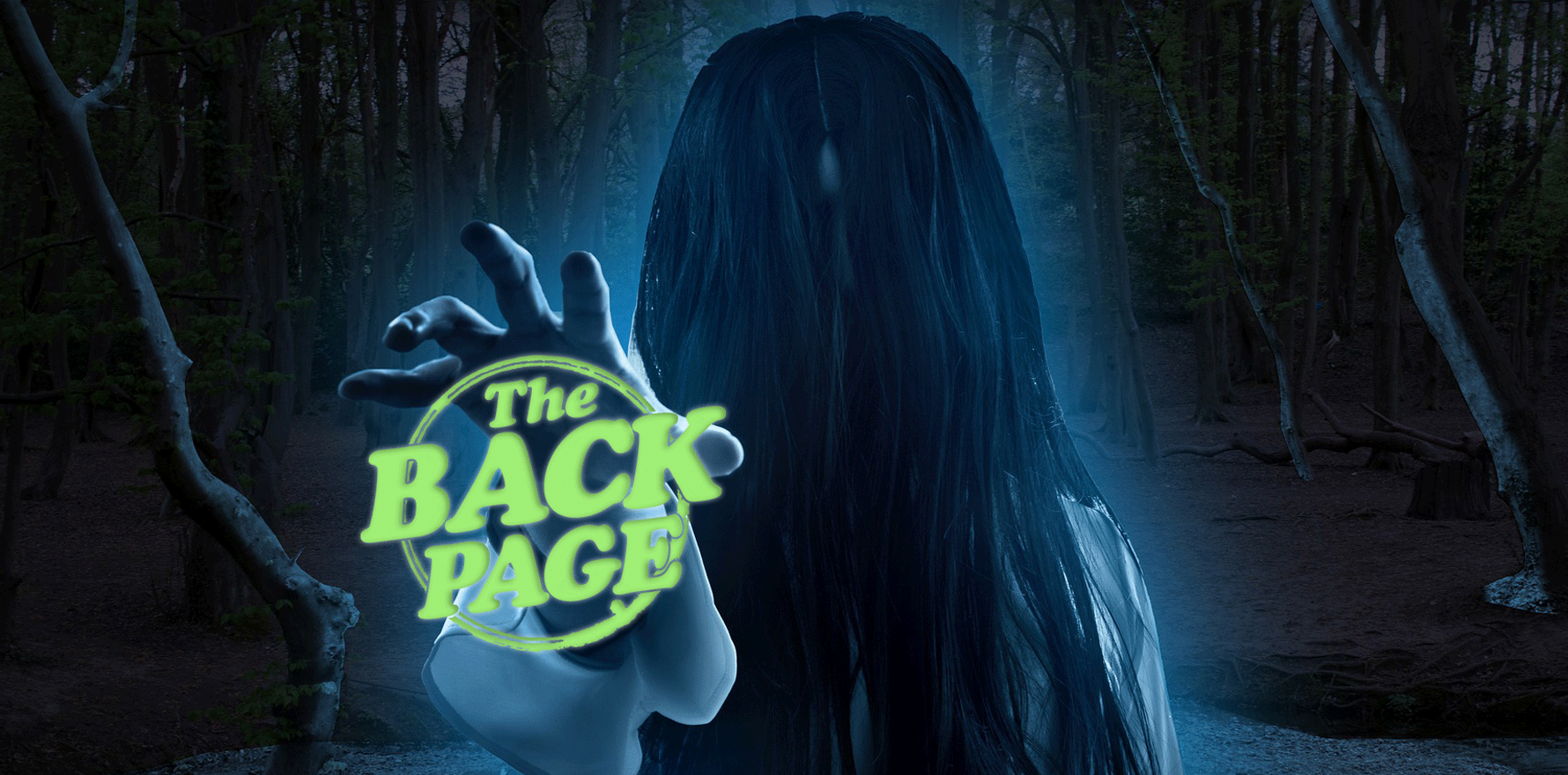Faith in the paranormal is becoming more normal and reflects a particular thinking style.
Unlike Australia’s current Prime Minister, your Back Page correspondent hasn’t believed in miracles for quite some time.
Instead, we are quite content to accept that occasionally things happen for which we currently have no scientific explanation in this deeply complex and poorly understood universe.
Many folks would disagree, however. A poll conducted in Britain in 2017 revealed that a third of those questioned believed in ghosts, ghouls and such like, just under half did not, and the remaining 21% were undecided. A 2019 poll held in the US, meanwhile, found a whopping 46% of respondents saying they believed in ghosts – up from 32% in 2005 and 25% in 1990.
So why are so many people disposed to a belief in paranormal phenomena while others remain sceptical?
According new research published in PLOS ONE, it comes down to key differences in cognitive functioning.
Reviewing evidence from more than 70 previous studies on cognitive function and belief in the paranormal, the researchers found that people inclined to believe in the supernatural were more likely to be “instinctive” rather than “reflective” thinkers.
The “believers” were also more prone to confirmation bias, had poorer reasoning skills and thought “everything happened for a reason”, rather than acknowledging the random nature of life, the researchers wrote.
The study authors found “two in three studies document that paranormal beliefs were associated with poorer cognitive performance”.
But before we non-believers get too smug, the boffins were at pains to point out that the findings did not suggest there was a specific profile for cognitive functioning for the people who might believe in ghosts.
Rather, “The difference between believers and sceptics seems to come from how flexible their thinking style is, and how they approach novel or abstract problems. It’s not that believers are less intelligent. It’s to do with the application of their problem-solving skills,” lead researcher Charlotte Dean, from the UK’s University of Hertfordshire, told media.
“Sceptics tend to be characterised by an analytical thinking style. If you give them an abstract problem, they think of all the different ways to solve it and pick the one most likely to work. Believers are characterised by an intuitive thinking style, and go with their instinct.”
Upon reflection, your correspondent still thinks it’s kind of stupid to believe in ghosts but he’s happy to be proven wrong by the science.
If you see something that sends shivers up your spine, use the magic of the internet to email felicity@medicalrepublic.com.au


